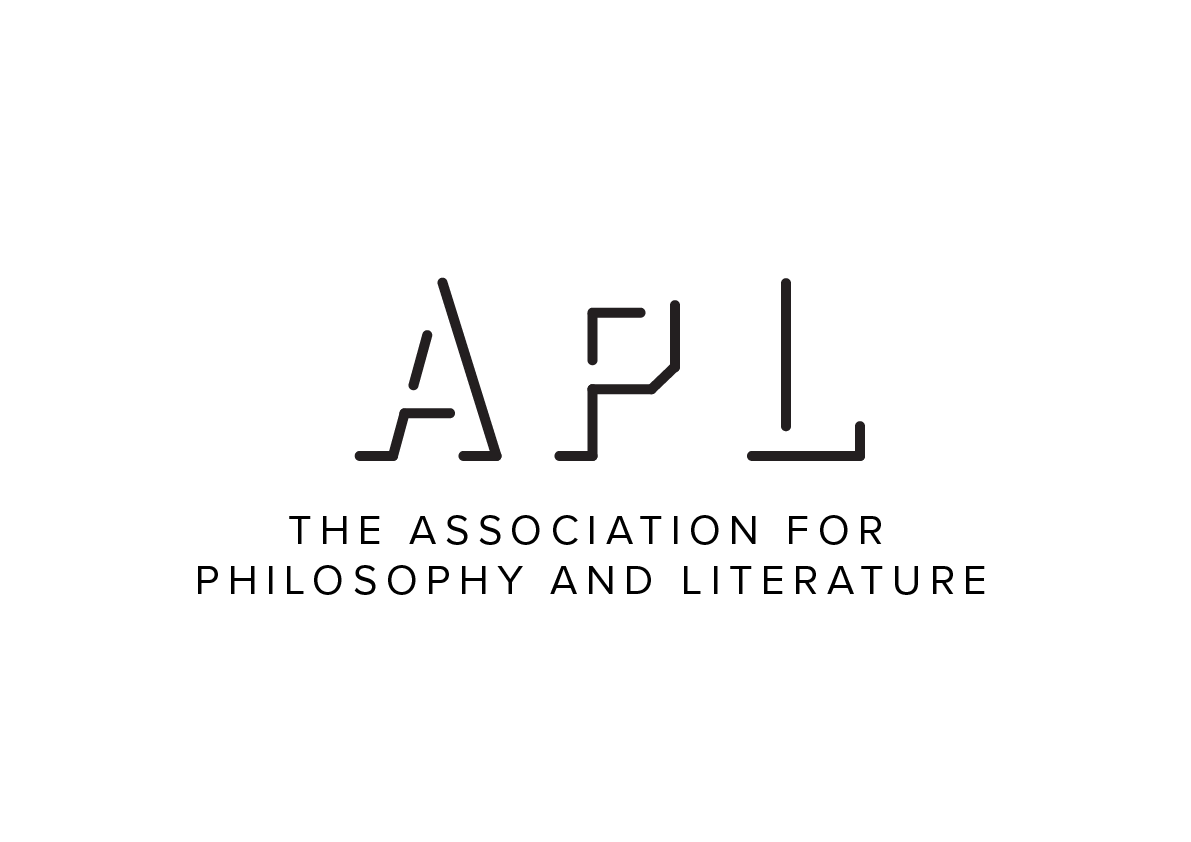The Object(S) of Literature
Henry James once famously asserted that “The only reason for the existence of the novel is that it does attempt to represent life.” He went on to add that, therefore, “the novel is history.” Given that the novel had become, in James’s time, the modern form of literature par excellence, James’s proclamation (along with his late 19th-century impulse to associate novelistic practice with the “art of the fiction”) implies that the literary is forever bound to the vicissitudes of the social. The larger implication is clear: literature must forever endure a crisis of definition. At any given moment, what are its objects or objectives? What life or world(s) does it aim to represent and transform? What power or authority does it retain to do so? These questions are even more pressing in our current state of accelerationism. Everywhere, it seems, mutations abound: the digital revolution has drastically enhanced the producibility of messages, turning the emission of signs into an existential necessity (even as it plunges us into a new regime of attention, much more accustomed to, if not dependent upon, experiences of visual and aural shock); digital platforms are blurring the boundaries between writing and performance, between authors and audience; at the very moment inequality is reaching unheard-of levels, challenging even imagination’s capacity to represent the gap between the richest and the poorest, literary production is scrambling to keep pace with market-driven formats; for the first time in almost a century new actors pose a serious threat to established forms of hegemony; and, perhaps most pressingly, the increasingly refused reality of climate change has required new modes of representation such as “apocalyptic realism.” Meanwhile, the institutional and political spaces that have long sustained literary culture—bookstores, newspapers, universities—are under attack.
It is in view of this complex and multilayered framework of transformations that the Association for Philosophy and Literature proposes The Object(s) of Literature as the topic for its 2026 conference, to be held at the State University of Campinas (Unicamp), Brazil. Or rather, with a focus on what we might call the temporal kernel of literature’s tenuous ontology, we ask the following: What are the object(s) of literature, in both the sense of its materiality and its aims? Is it a bounded textual artifact, a social practice, a mode of attention, or something else entirely? Is there an objective to literature? Given literature's inherent freedom, what could that be? Or perhaps, and following (again) James, what “intensity” can or does (or must) literature claim today if there can be “no intensity at all, and therefore no value, unless there is freedom to feel and say”?
Papers can be proposed (in English, Portuguese, or Spanish) on any of the concepts outlined above, focusing on both (or either) the philosophical and the more conventionally literary.
More specific questions and topics include, but are certainly not limited to, the following:
• What has become of literature’s freedom, so painfully conquered, to break all taboos in language, sexually, morally, religiously etc.? How tenable is it now, how problematic has it become?
• What today is the role of philosophy as literature?
• How might we now re-read Hegel’s famous pronouncement of the “end of art”?
• How does the literary register differently in its different modalities: in print, online, as film, television, etc.?
• How solid or defined is the space of the literary within contemporary societies—or, how strong is its penetration within these societies?
• In a world ever more permeated by the for-the-other logic of the commodity form, what is the ontological status of literature’s inescapable in-and-for itself—or rather, its longstanding commitment to the modernist mantra “art for art’s sake”?
• With the increasing distancing of literature from the world of entertainment and fun, now almost fully monopolized by social media, how can one reconceptualize aesthetic pleasure, or the Barthesian “pleasure of the text”?
• How has social media redefined literary practice and further commodified the role of the artist (via platforms such as BookTok, etc.)?
• How is the slow but on-going death of cinema (and cinemas) tied to the current state of the literary?
• With its diminishing social relevance, literature has become ever more dependent on educational institutions for securing funding and readers. How does this entrenchment within the university affect literature’s objecthood?
• How has literary theory and philosophy responded to these changes in the objects of literature—both as objective and in terms of its materiality?
• With the benefit of hindsight, how is one to interpret such recent developments as the politization of reading and the segmentation of scholarship through the proliferation of “studies” and increased disciplinarization?
• What role can (or does) the literary play in recent philosophical materialisms or realisms and thus efforts to assert the agential “truth” of nonhuman others?
• How do recent returns to Indigenous epistemologies challenge Western literary concepts like authorship, textuality, and aesthetic value?
• How are recent efforts to demonize (or willfully misrepresent) critical race theory reflected in today’s literary production? Or rather, how has Afropessimism reframed questions about the objects and objectives of literature?
• Can we—and how might we—confuse contemporary debates about gender with our ever-evolving approaches to genre?
• How has or might generative AI literary transform our understanding of literature’s purpose (as art and/or an object of study)?
Proposals will be accepted for individual papers, panels (of 3-4 participants), or roundtables (of 4-6 participants). Proposals can be submitted in English, Portuguese, or Spanish by following the submission link. For individual submissions, abstracts are restricted to no more than 300 words. For panels or roundtables, submit a single proposal, consisting of a 300-word panel abstract along with titles for all included papers. You will also be asked to supply a short biography for each participant. Proposals are Due Dec 1, 2025.Extended to Dec 15, 2025
Starting Sept 1
